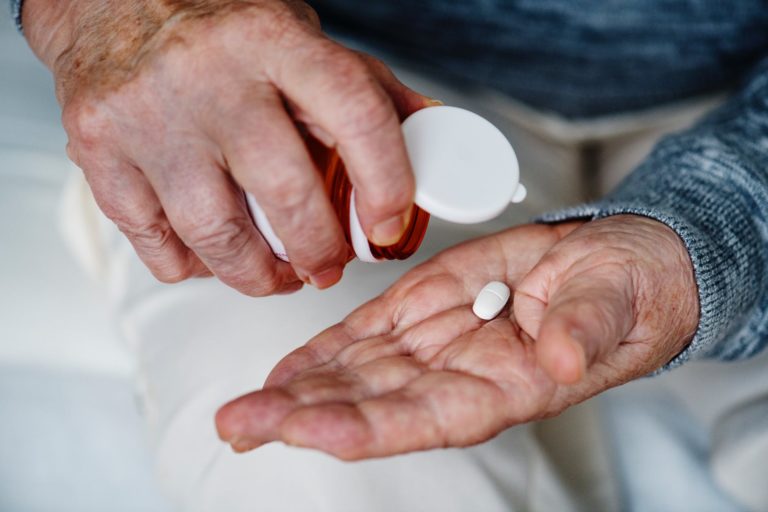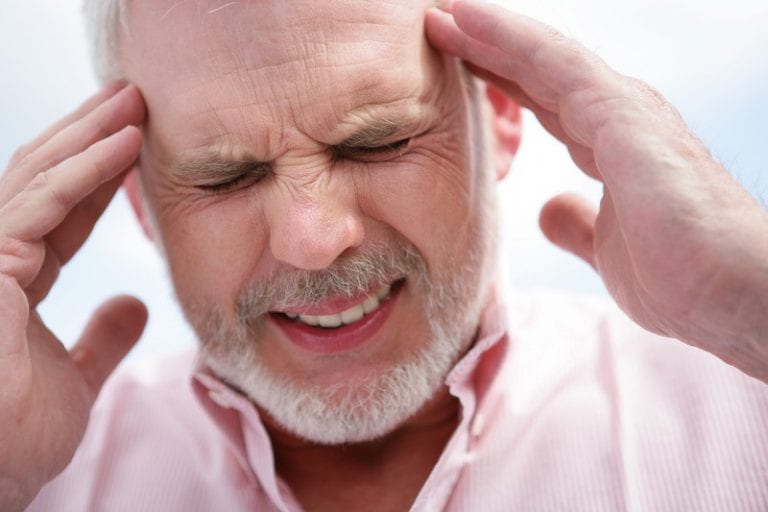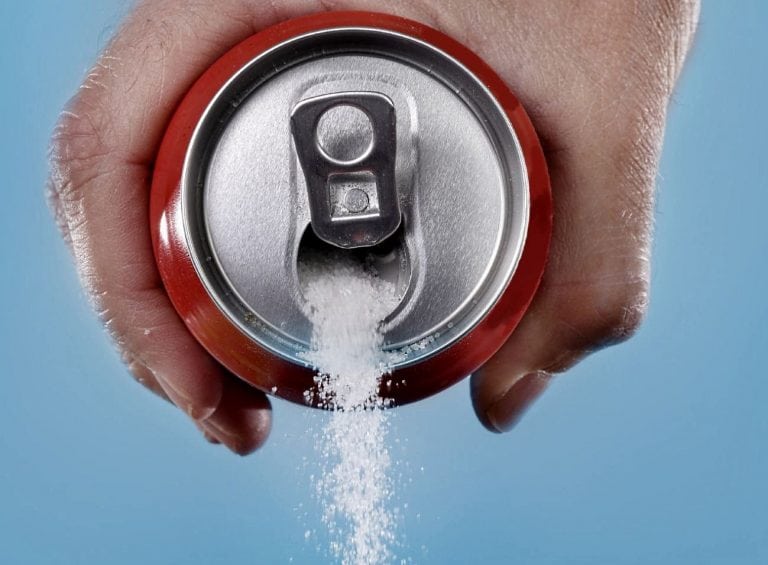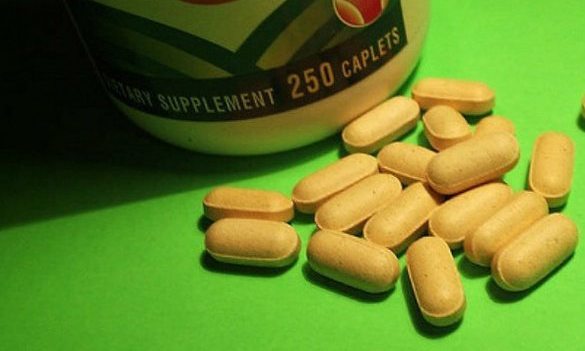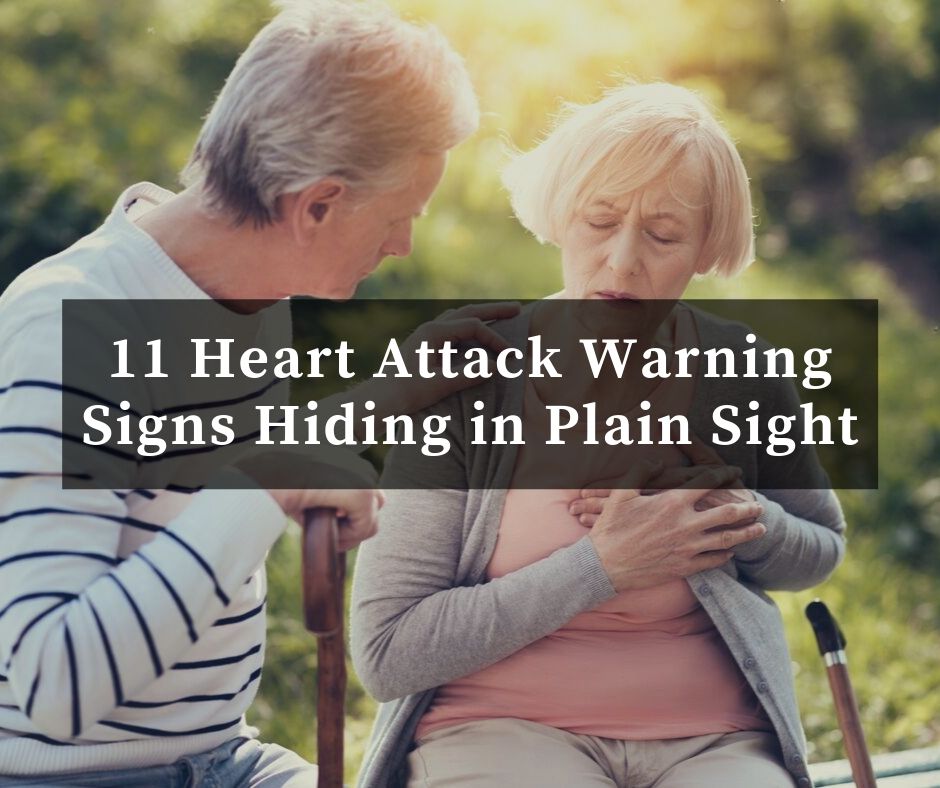
Heart attacks aren’t always the chest-grabbing, arm-numbing events you’d imagine. In fact, according to one study from the American Heart Association, 45 percent of all heart attacks in the United States are “silent,” meaning they don’t come with obvious symptoms.
So how can you protect yourself from something that’s silent but deadly? Well, in addition to dropping any habits that are known to hurt your heart, you can also make sure you’re aware of the following heart attack warning signs that can easily be mistaken for everyday issues.
Hot flashes
Even if you’re a woman going through menopause, you shouldn’t automatically assume that those hot flashes you’re experiencing are the result of hormonal changes.
In a study of 1,015 heart attack patients published in JAMA Internal Medicine, researchers discovered that approximately 45 percent of men and 55 percent of women experienced feeling hot and/or flushed as a symptom of acute coronary syndrome (that’s the general term for a heart blockage, which includes heart attacks).
Dizziness
Feeling dizzy? This seemingly innocuous symptom could be a sign that you’re having a heart attack. In the same JAMA study, approximately 24 percent of male patients and 27 percent of female patients reported dizziness as one of the heart blockage-related symptoms they experienced.
Shortness of breath
Plenty of activities—like working out and walking up a long flight of stairs—will leave you breathless, and that’s perfectly normal. However, if you’re short of breath when you bend over to tie your shoes or lift yourself off the couch, then you definitely want to pay attention.
In a study, shortness of breath was the fourth most common symptom among acute coronary syndrome patients, with 45 percent of both men and women experiencing it.
Back pain
In addition to a bad mattress and an improper workout, heart attacks can also cause back pain. And if you’re a woman, then you should especially take this pain seriously: Though only 27 percent of men reported having back pain during their heart attacks in the JAMA study, nearly 43 percent of women experienced the symptom.
Jaw pain
According to the American Heart Association, jaw pain or discomfort is one of the many heart attack warning signs that people tend to ignore, but it’s actually quite common. In the JAMA study, 13 percent of men and 24 percent of women reported dealing with jaw and/or tooth pain.
Stomach pain and discomfort
Nausea, indigestion, stomach pain, and stomach discomfort are just some of the many common epigastric heart attack warning signs. In fact, in a study of 2,009 heart attack patients published in the journal Circulation, approximately 67 percent of women and 53 percent of men reported having some sort of stomach-related symptoms.
Profuse sweating
You shouldn’t be sweating through your shirt in the middle of October—so if you are, get yourself checked out at the doctor’s office stat. In the same Circulation study, 53 percent of women and 56 percent of men said they dealt with profuse sweating during their heart attacks.
Confusion
Though less common, disorientation is yet another possible indication of a heart attack. In the Circulation study, approximately 12 percent of women and 11 percent of men told researchers that their heart attacks manifested as confusion.
Arm pain
Don’t just assume that your heart is A-OK simply because you aren’t experiencing chest pain. As Dr. David Gatz, an emergency physician at Mercy Medical Center in Baltimore, notes, “atypical heart attacks can have a wide range of presentations. Pain or discomfort will frequently still be a part of the presentation, but may not involve the chest. Examples might include arm or neck pain.”
Weakness
Feeling frail and fatigued? Sure, it could be a sign that you aren’t getting nearly enough sleep, but it could also be your body warning you that your heart isn’t functioning properly.
According to Gatz, “some [heart attack] patients report more vague symptoms like generalized weakness, while still others report an ominous sensation that they’re going to die.”
Pressure in the center of the chest
People commonly look for pain on the left side of their chest when they think they’re having a heart attack because they assume that that’s where their heart is located. However, the heart only ever so slightly skews to the left, and in reality, any pain you might feel during a heart attack is more likely going to be located in the center of your chest.
As cardiologist Dr. Curtis Rimmerman, MD, explained to the Cleveland Clinic, “Heart attacks most often cause discomfort in the center of the chest, along with a sensation of unremitting squeezing, fullness, or tightness.”





